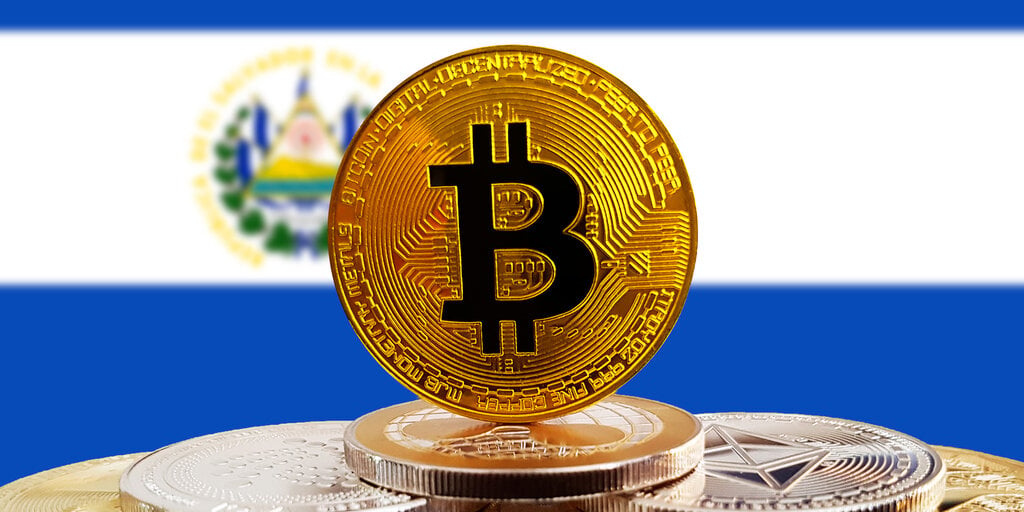El Salvador’s controversial Bitcoin experiment should be more transparent, despite the fact that risks from the move have not yet materialized, the International Monetary Fund (IMF) said this week.
The organization said in a statement Tuesday that “further efforts are needed” on the tiny Central American country’s behalf to mitigate risks from its crypto policy.
Back in 2021, the IMF warned that El Salvador’s move to make Bitcoin legal tender in the country raised “a number of macroeconomic, financial and legal issues.”
Since then, the country’s popular leader Nayib Bukele has only doubled down on his Bitcoin agenda—and continued to buy the asset using the country’s coffers. El Salvador now holds $327 million in Bitcoin, according to the nation’s public wallet address.
“On Bitcoin, while many of the risks have not yet materialized, there is joint recognition that further efforts are needed to enhance transparency and mitigate potential fiscal and financial stability risks from the Bitcoin project,” The IMF’s Tuesday statement read.
President Bukele made Bitcoin legal tender in the Latin American nation back in 2021. He has since bought a lot of the cryptocurrency, and despite unveiling a government-labeled wallet earlier this year, this wallet only contains a “big chunk” of the buys, Buklele said.
The government has been opaque with reporters regarding the exact size of the investment.
As part of its transition to make BTC legal tender, the country also enacted its so-called Bitcoin Law, which compels businesses to accept the cryptocurrency as payment if they have the means to do so. In practice, though, businesses have been slow to accept the cryptocurrency.
El Salvador hopes to attract investment—and citizens—with its tech-friendly governance.
The IMF has long criticized Bukele’s bet on Bitcoin but the populist millennial leader has always bitten back—slamming “global elites” and even tweeting memes mocking the organization.
And in a softer tone, Bukele told the IMF that the country’s Bitcoin adoption would not change the nation’s macroeconomic situation. The organization and El Salvador have been in talks for years about a loan to improve the country’s finances.
An El Salvador government press spokesperson did not immediately respond to Decrypt’s questions.
The IMF added in its statement it had made progress in talks with El Salvador regarding a fund-supported program to strengthen growth prospects in the country—one of the poorest in the Americas.

